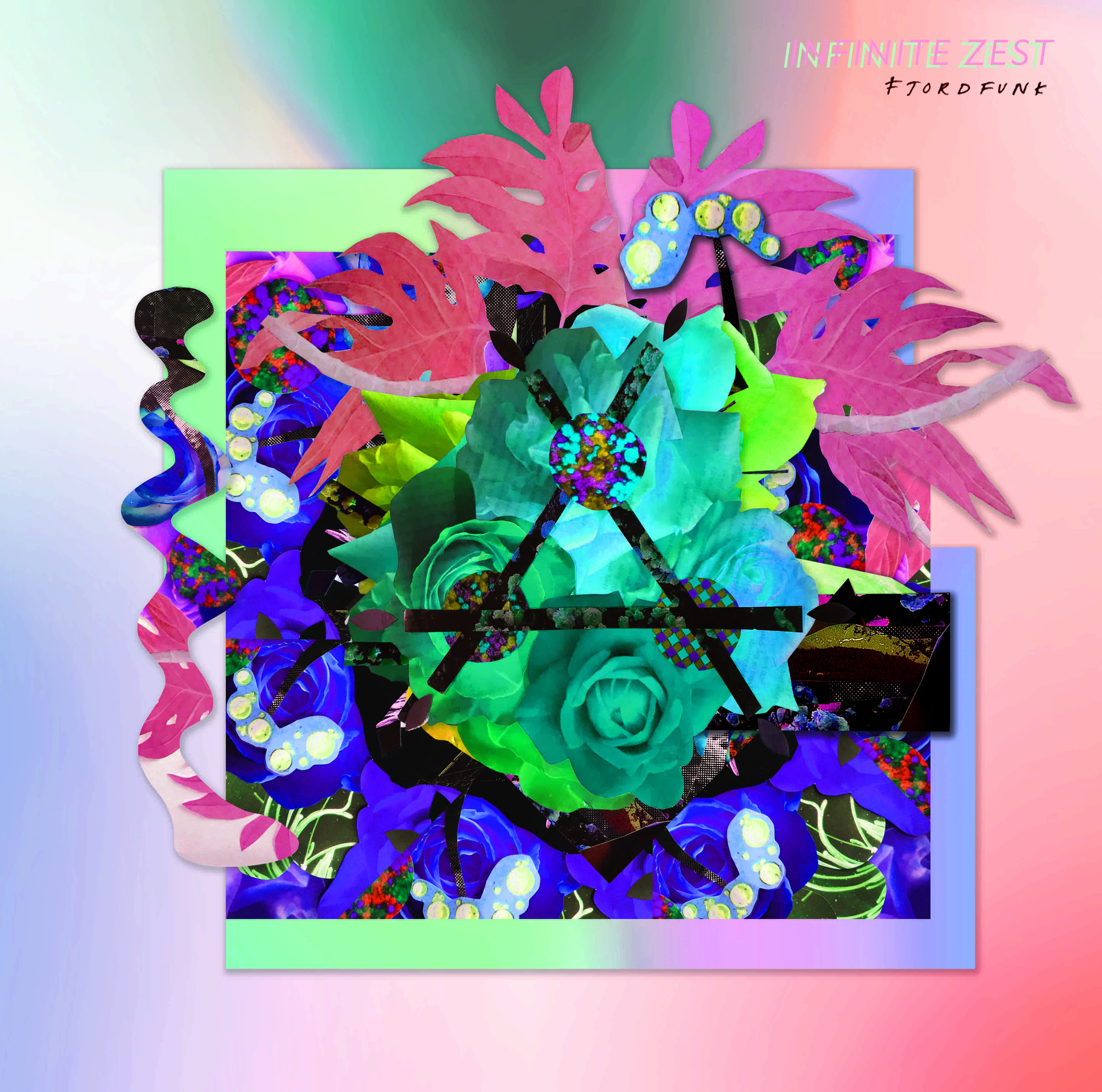Jann Dahle makes a triumphant return to the recorded format, after an 11-year hiatus with one of the most highly anticipated LPs of the season, Infinite Zest. After interviewing the artist in August, we’ve been waiting patiently for the release of this LP… what’s a few more months after 11 years. The Norwegian artist, who had made his debut in Tromsø in the early nineties playing sets and releasing music alongside the likes of Rune Lindbæk and Bjørn Torske, has been on an extensive hiatus for his health, and in 2019 he started making his return to the fray with a Boiler Room appearance at Jaeger in the summer and now an LP for ALO records.
He established the Luna Flick label with Pål Strangefruit and Øyvind Morken in the first decade of this century and he was one of the first guests to play Panorama Bar when it first opened, before falling ill and retreating from the DJ lifestyle and moving back home to Harstad in northern Norway. He had been continuously working on music during this time and after sending a few demos to ALO recordings’ Ben Green he received a reply to “make an album already”. The result is”Infinite Zest,” an album that picks up where Fjordfunk left off with aplomb for the album format.
It’s Jann Dahle’s debut album (although there’s an unreleased LP somewhere in Tore “Jazztobak” Gjedrem’s hard drive) and there’s a sense of maturity that shines through Dahle’s work on Infinite Zest that belies the nature of this LP. Those transient Norwegian roots that were behind the appeal of acts like Mongolian Jetset and Bjørn Torske’s music maintain the allure of a space-aged Disco music, but laced with elements like tropical slide guitar, lonesome blues harmonicas and funkedelic keys, there’s a sense of evolutionary growth from Dahle’s earlier music.
Infinite Zest as a title might hint at something that is trying to capture the feeling of youthful exuberance, but it’s an album that’s more inclined to linger beyond the immediacy of a puerile “beat” or beatific melody. There’s a subtle progressive nature to the album, where repetitive inconsequential figures lay a bedrock for fleeting elements to build upon before flying off into the ether of memory. Things like the haunting guitar solo at the end of “Exile” and the disembodied vocal of “Baboobap” add something tangible on a album that is locked in the stasis of looping grooves.
Dahle doesn’t stray too far away from an inherent balearic nature that has always dominated his music across his aliases, but in the album format he re-calibrates it masterfully for the context. Besides the ultimate “all is changing” there is no lyrical content to speak of and takes the listener by surprise when this realisation hits home. It’s quite something to come to terms with the fact that this is a largely instrumental album, since it’s composed in such a way that it never strays far from some human influence. It truly is a kind of Funk, a hyper-post-modernist Funk with one foot on the dance floor, and Dahle positions it perfectly in the album format for the first time. Let’s hope it won’t take another 11 years for the next album.

